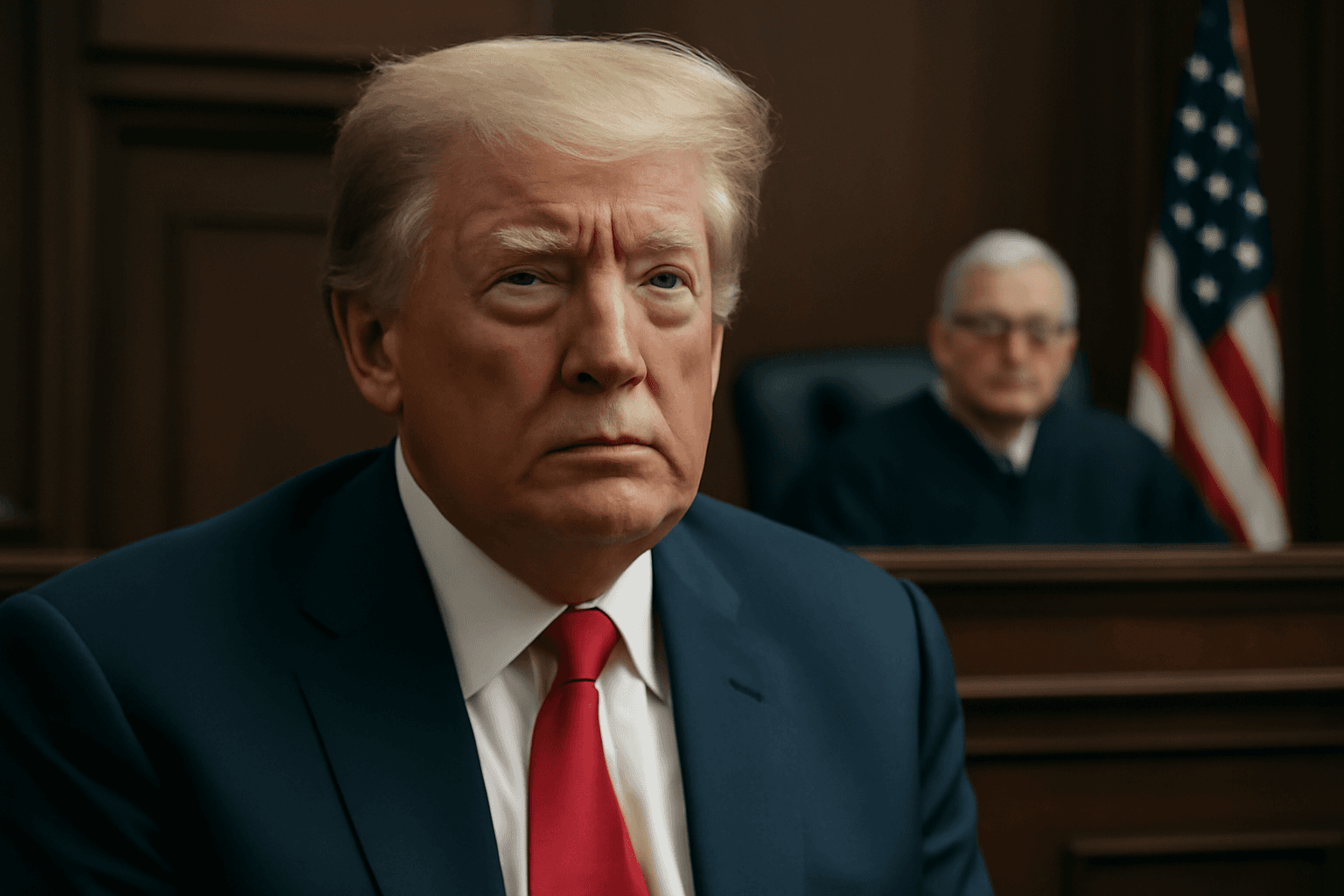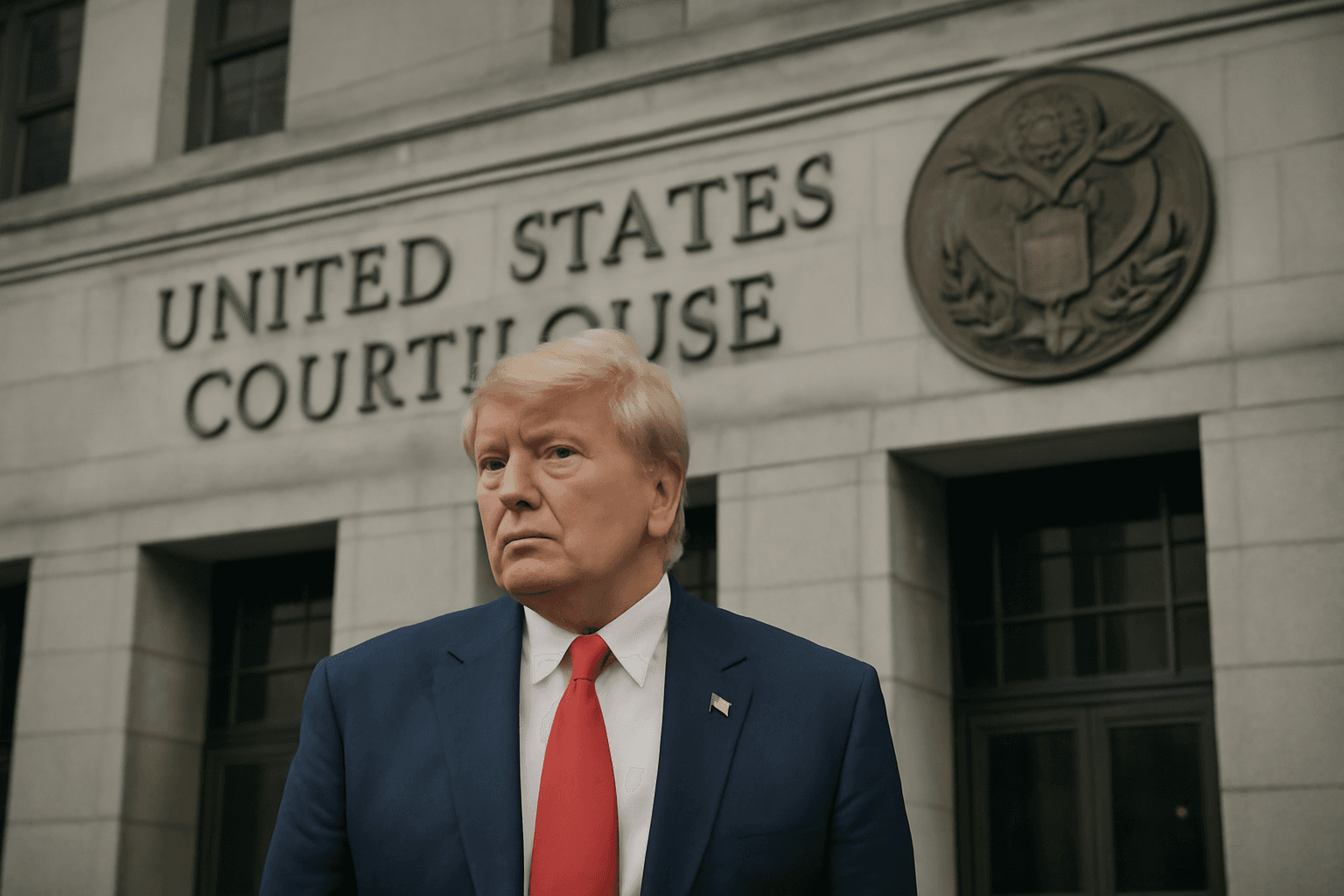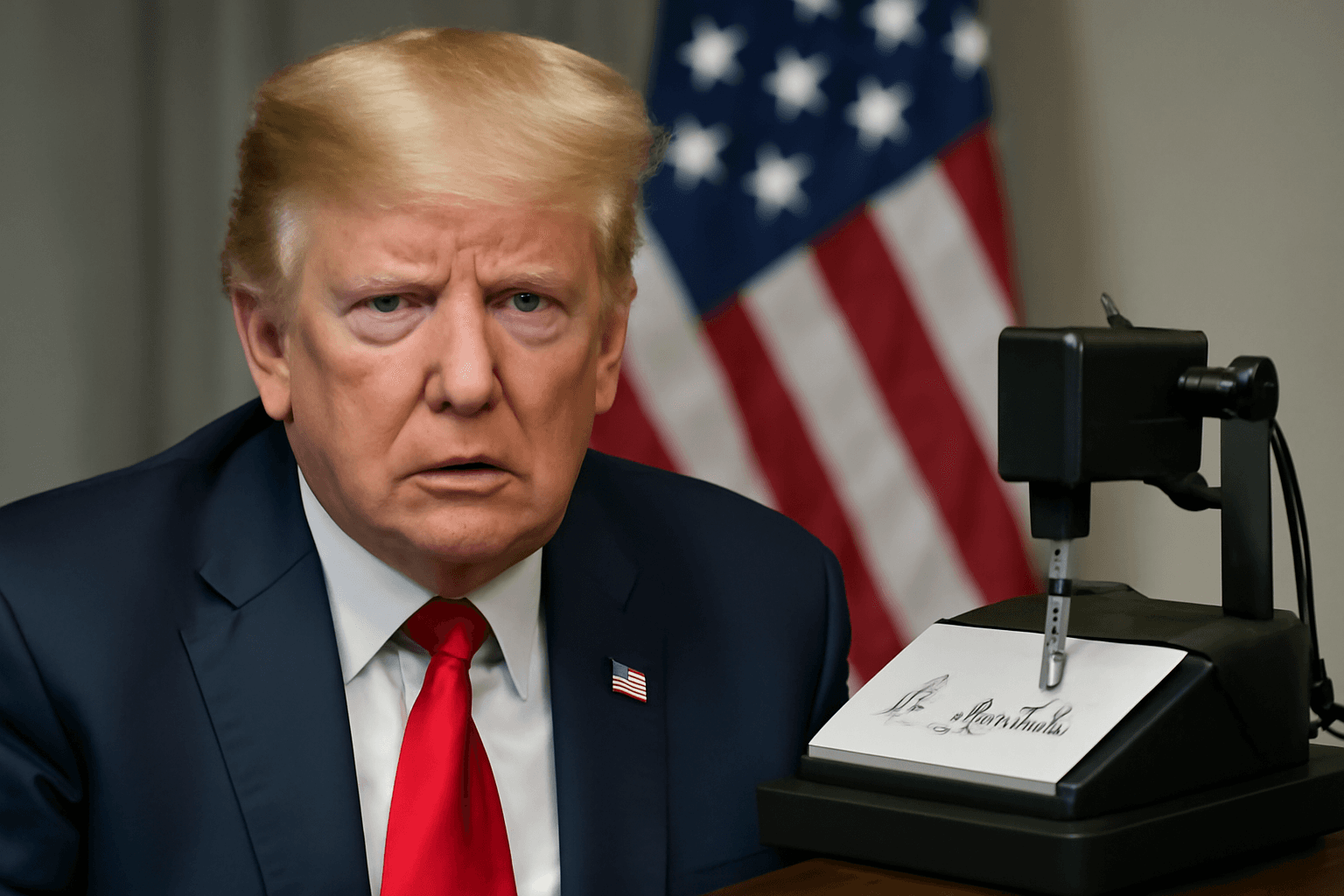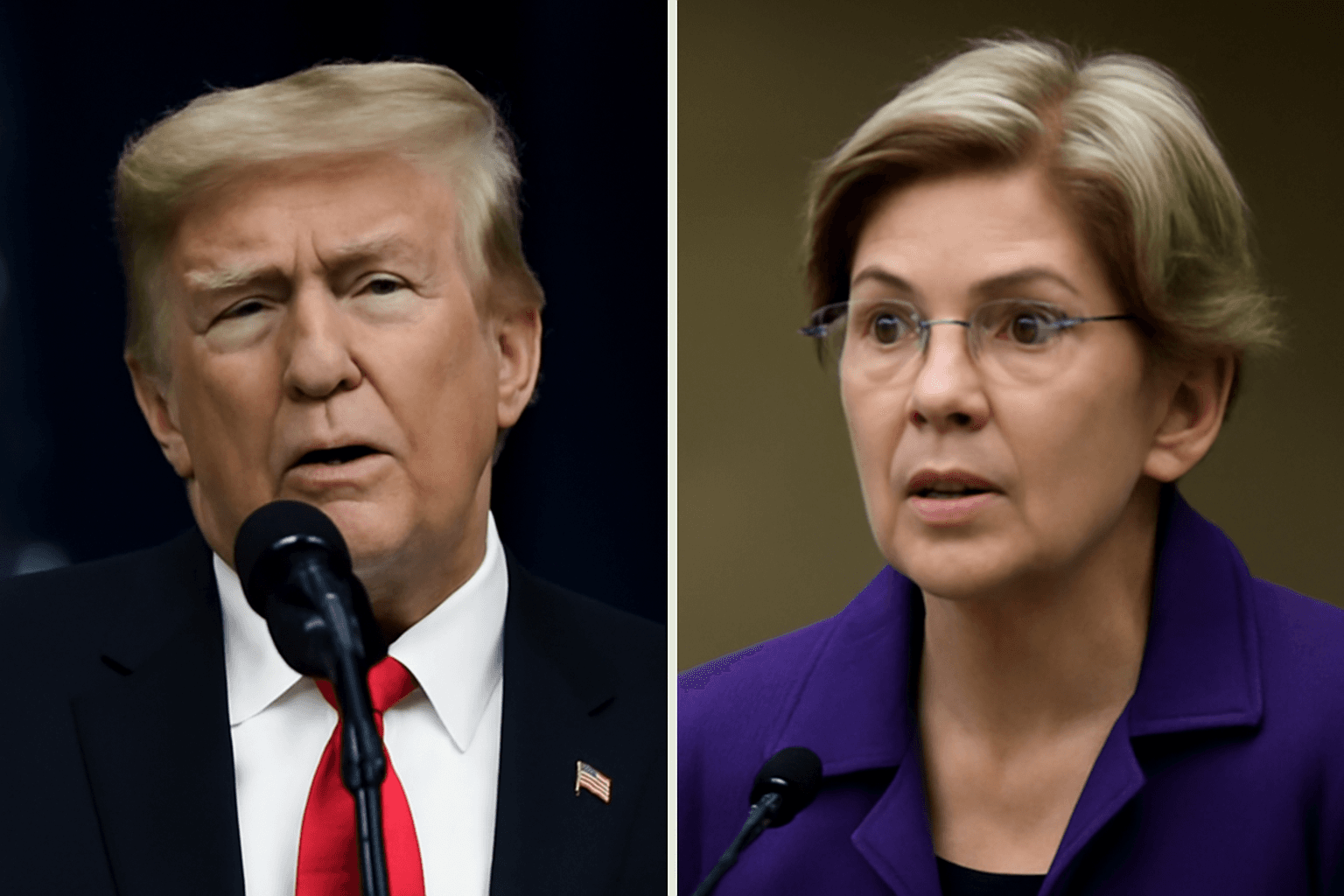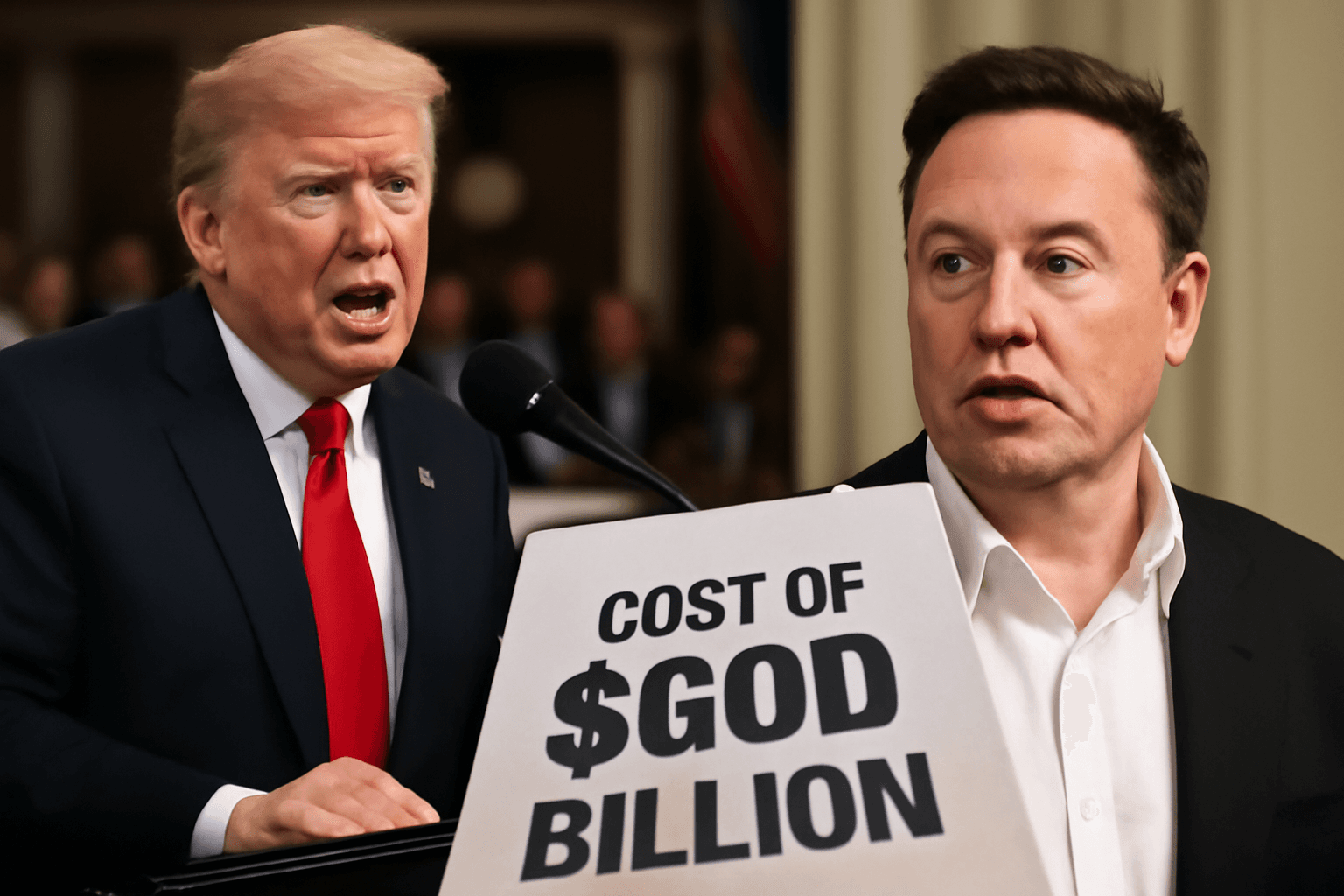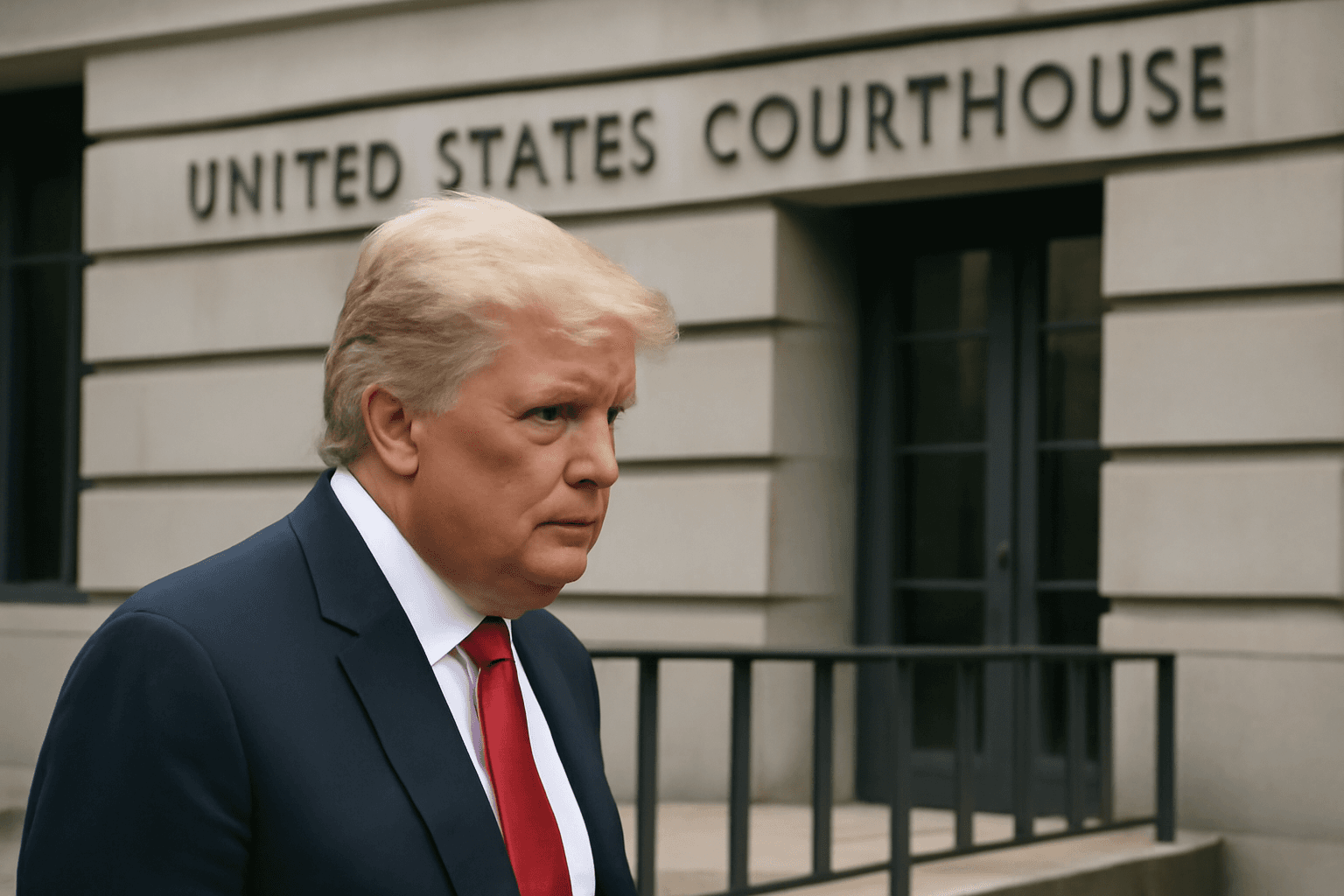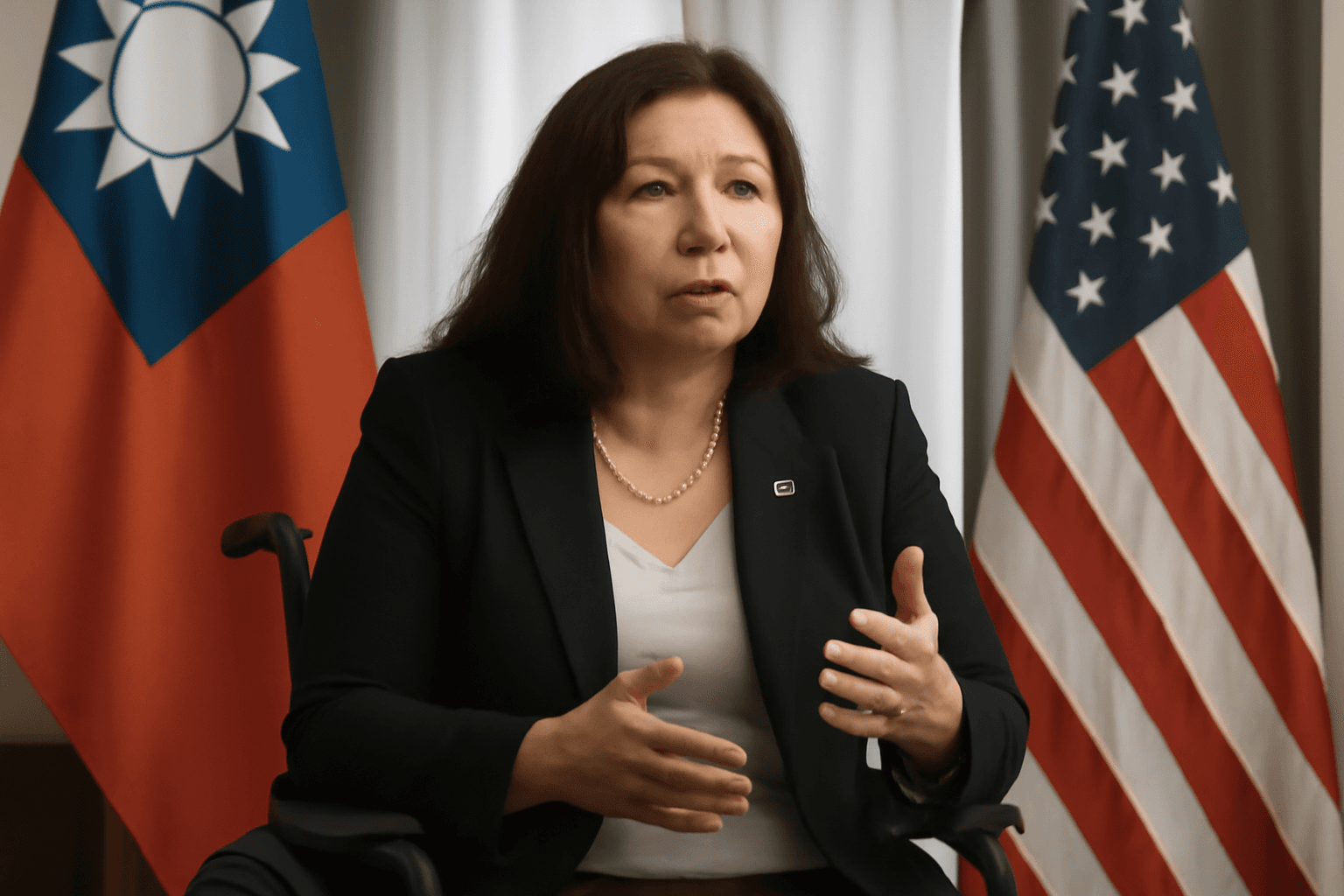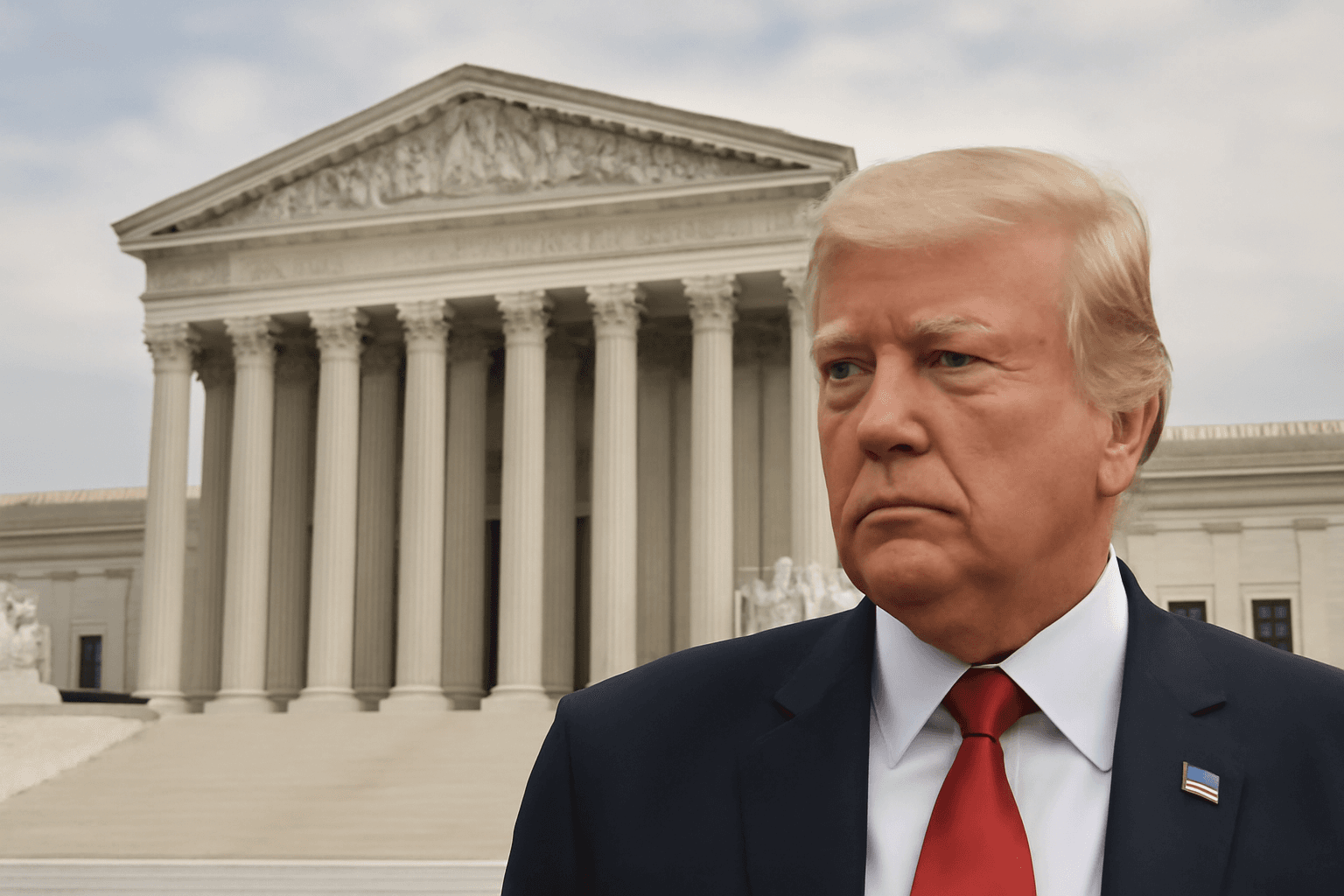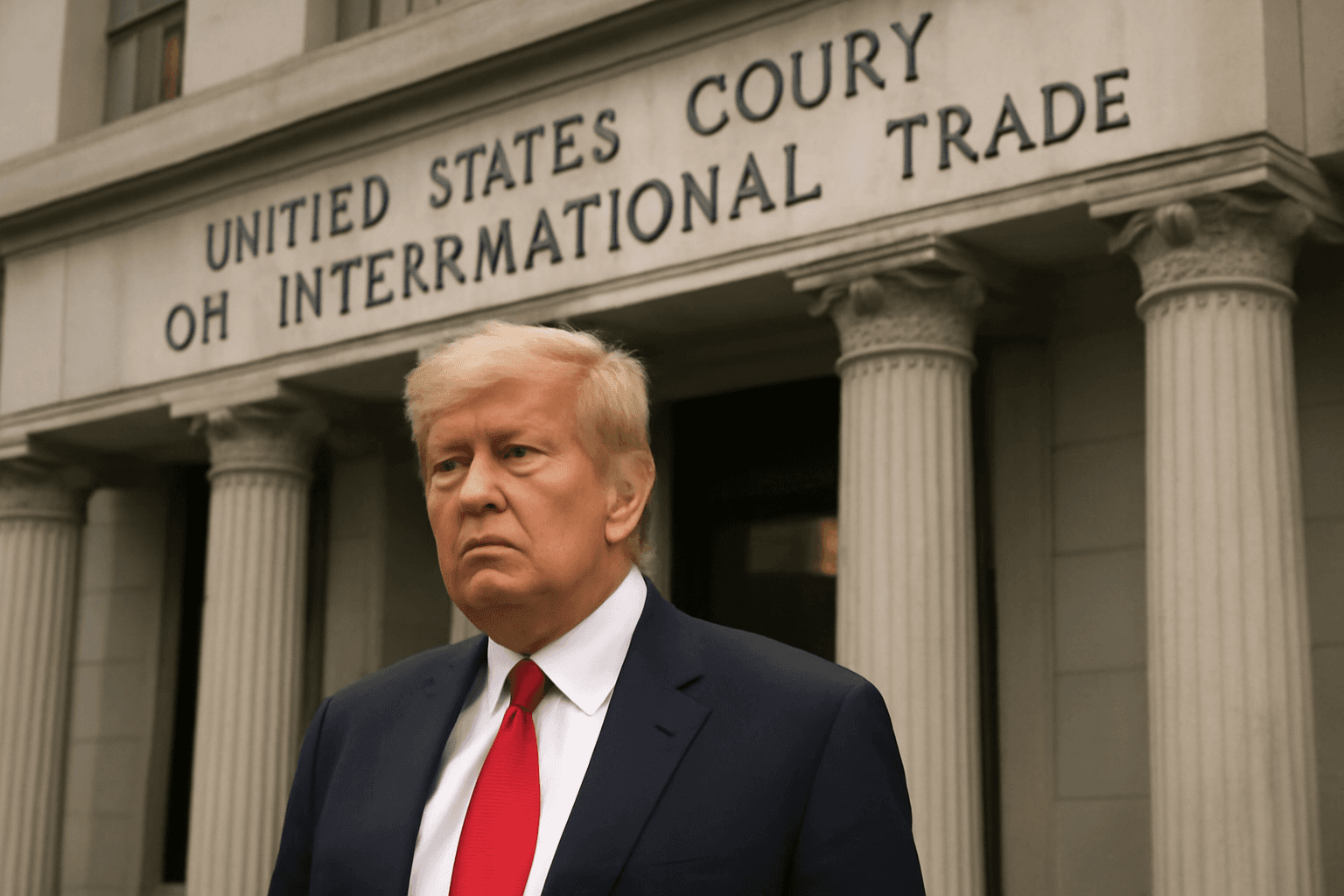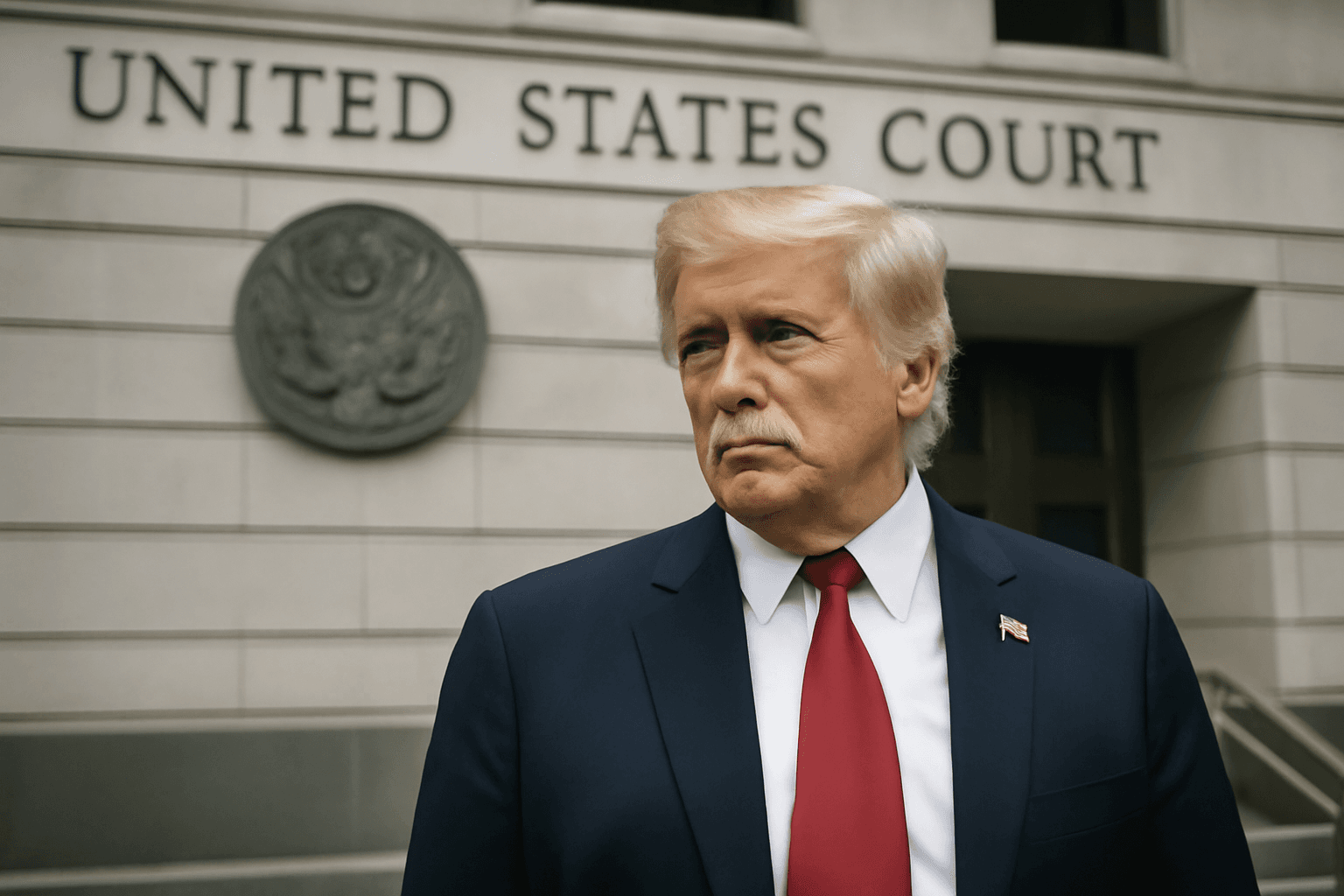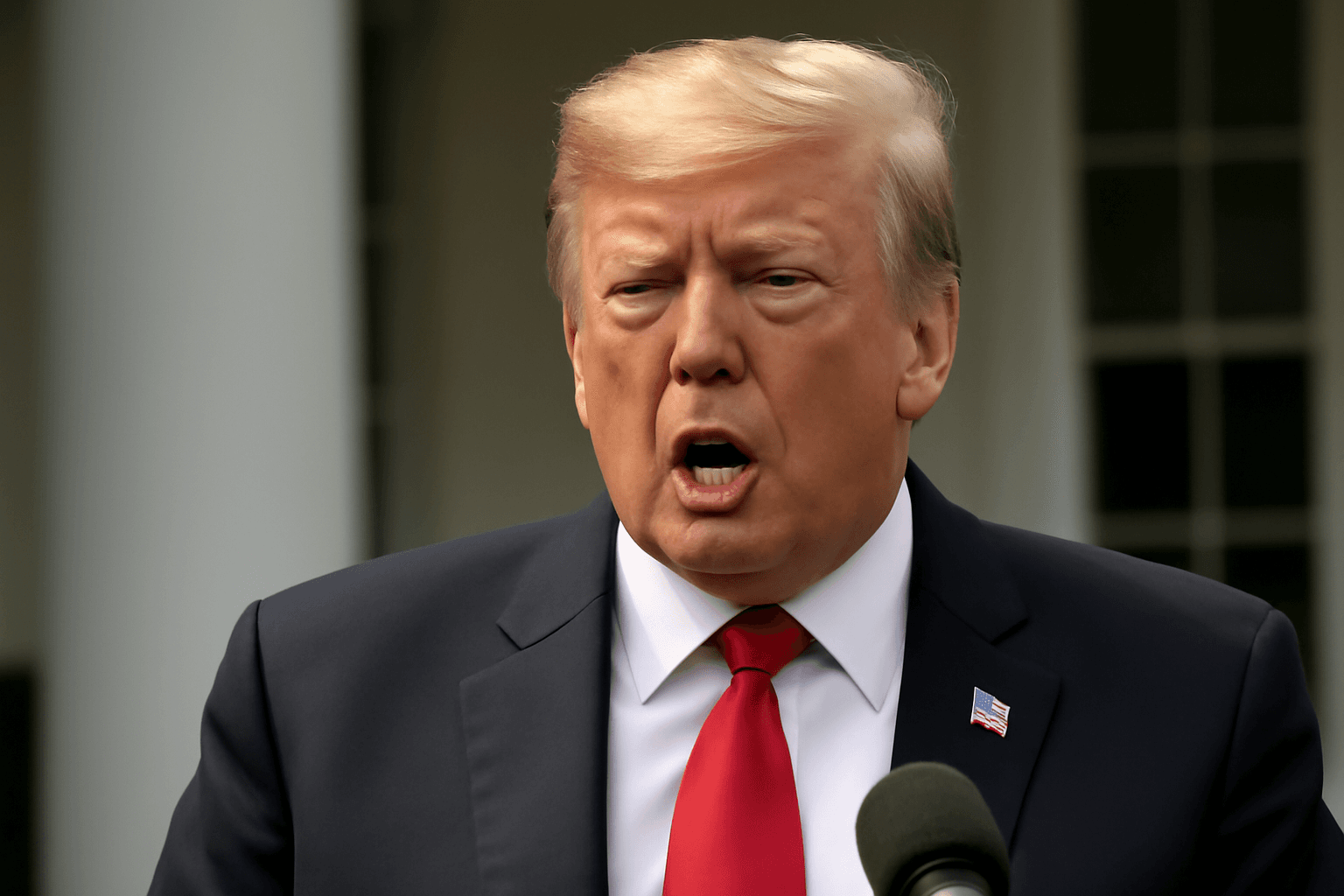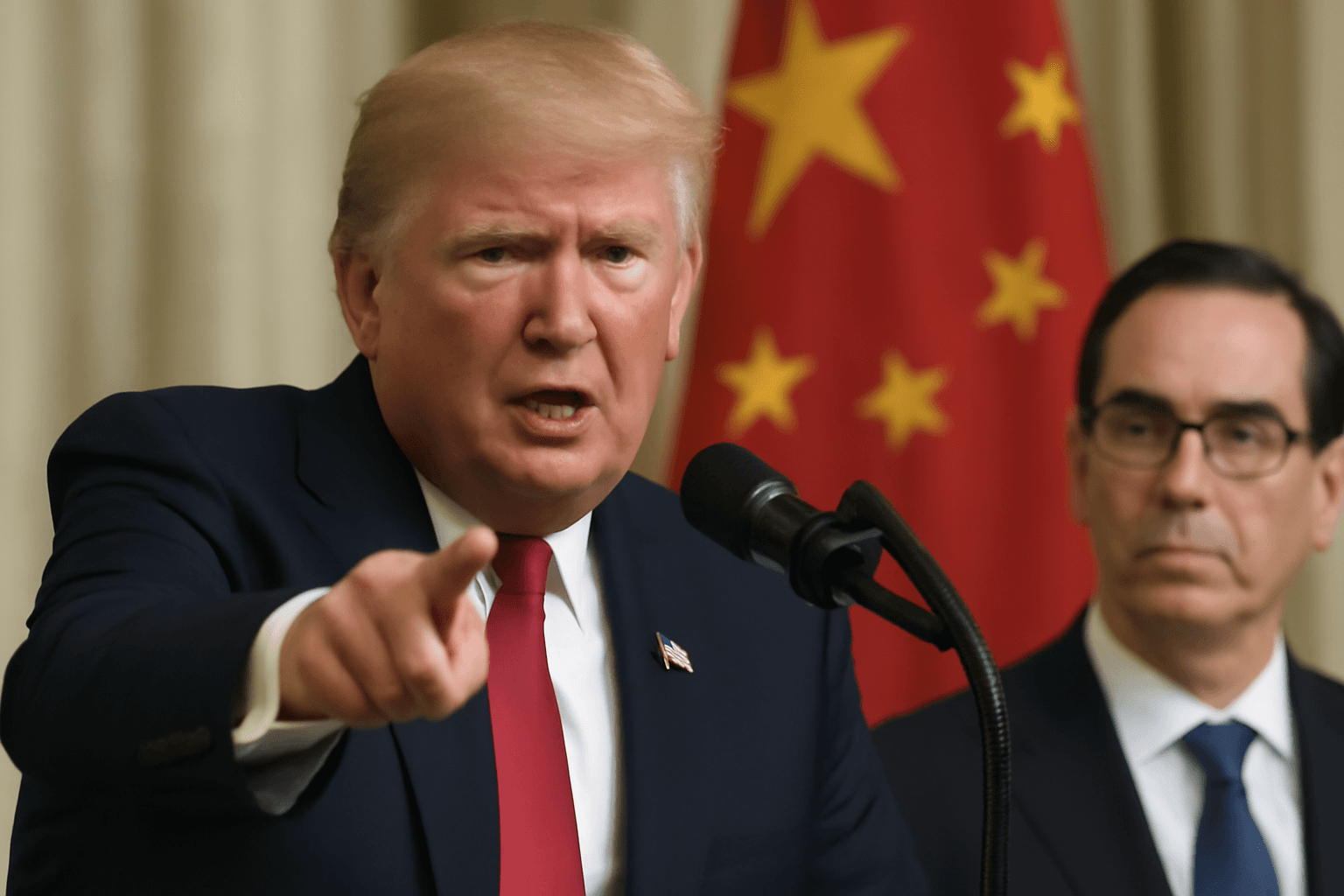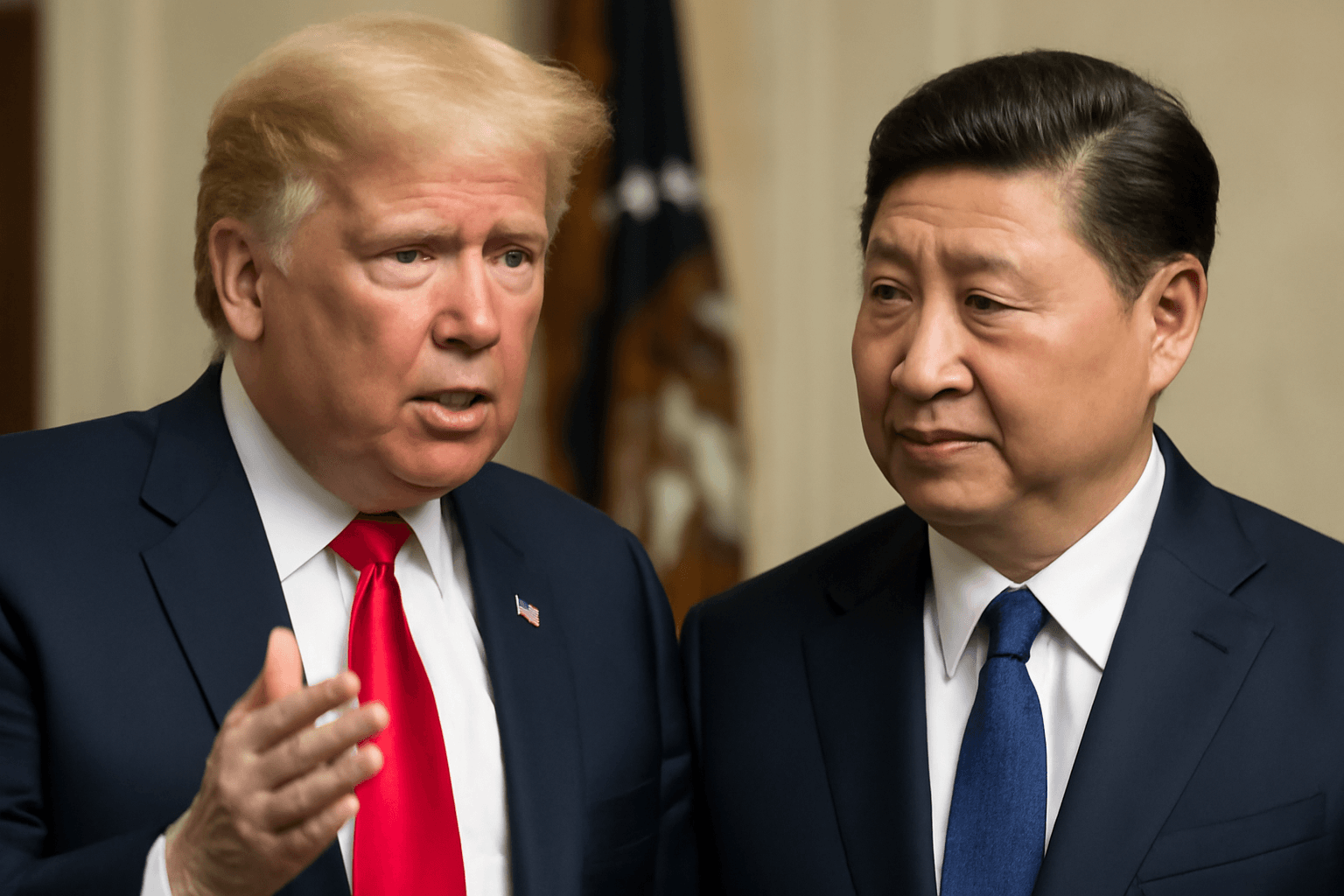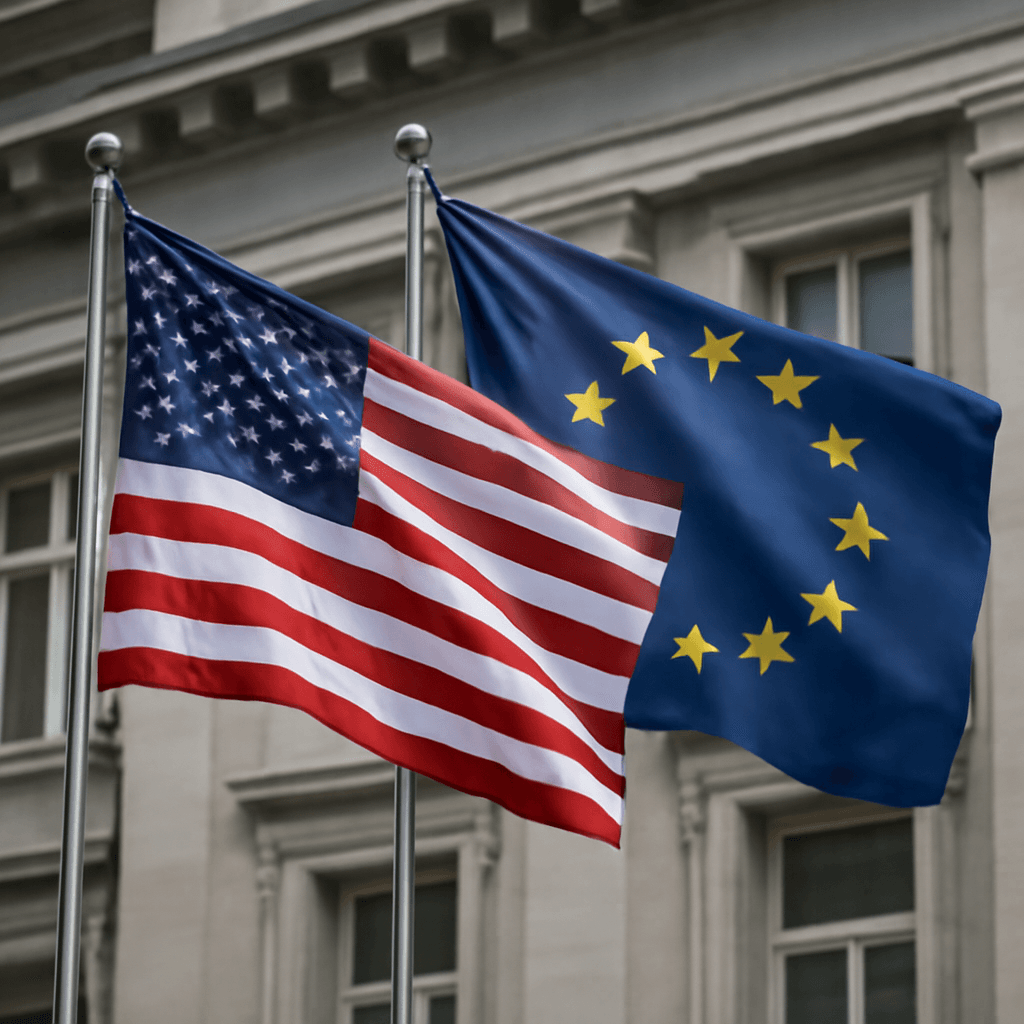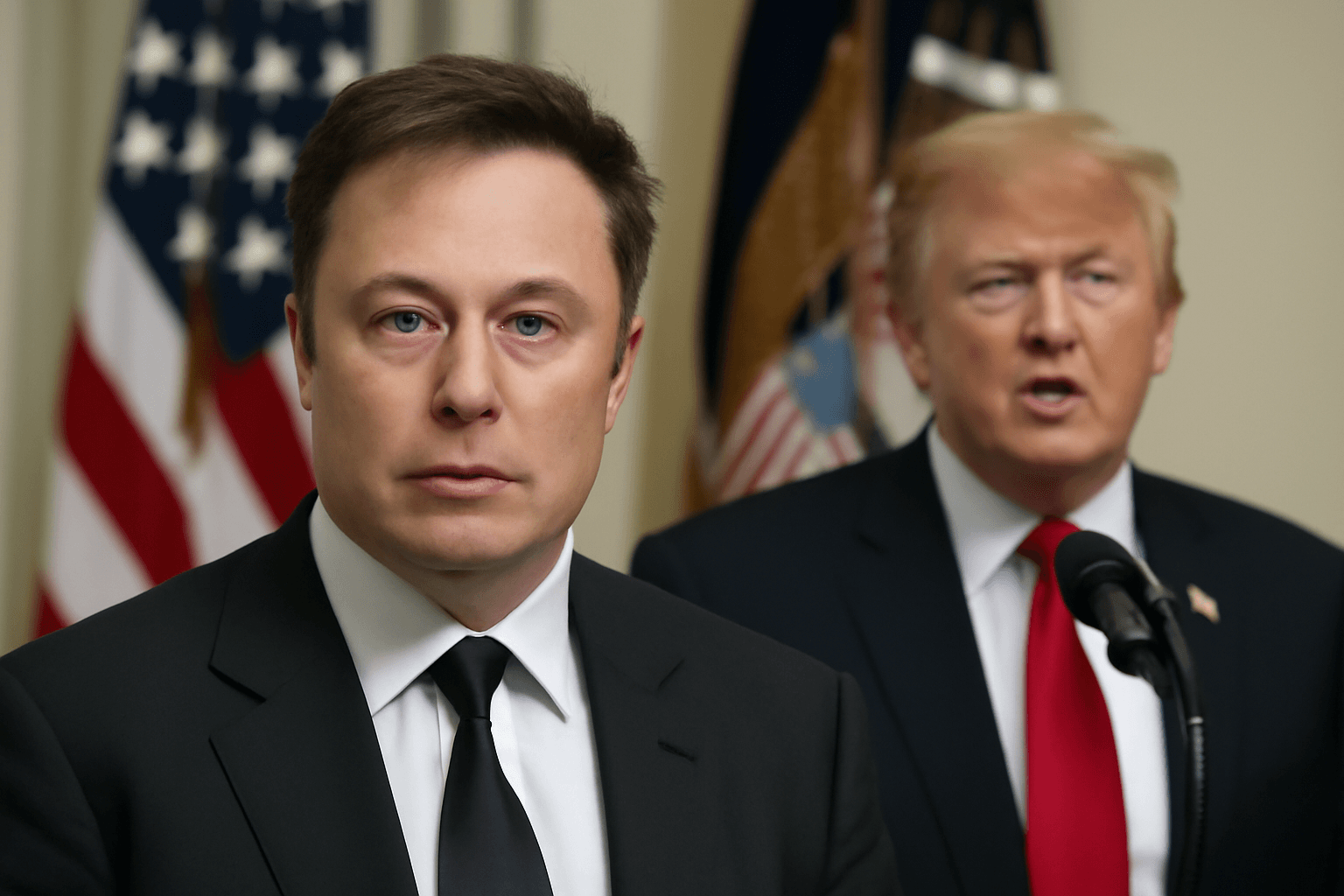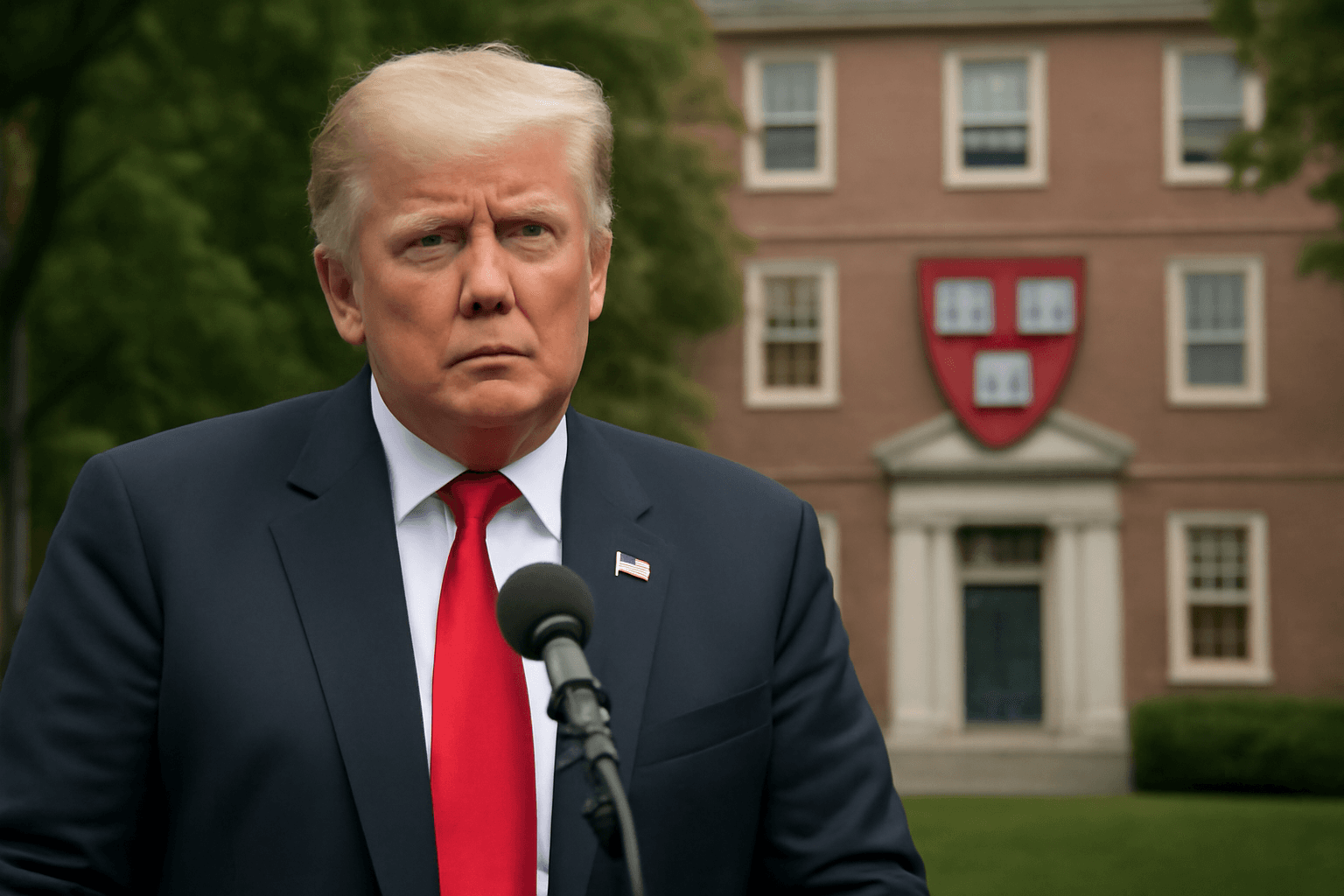A U.S. trade court has halted former President Donald Trump's plan to impose new tariffs known as 'Liberation Day' tariffs, ruling that he exceeded his legal authority. The court underscored that only Congress has the constitutional power to regulate trade with foreign nations.
On Wednesday, a three-judge panel at the Manhattan-based U.S. Court of International Trade stated that presidential emergency powers do not override Congress’s exclusive authority over international trade. The ruling clarified that the decision was based on legal grounds, not the merits or efficacy of the tariffs themselves.
"The court does not pass upon the wisdom or likely effectiveness of the President’s use of tariffs as leverage. That use is impermissible not because it is unwise or ineffective, but because federal law does not allow it," the court affirmed.
Minutes after the ruling, the Trump administration filed a notice of appeal and questioned the court’s jurisdiction. Decisions from this court can be appealed to the U.S. Court of Appeals for the Federal Circuit and potentially the U.S. Supreme Court.
President Trump had justified the tariffs citing national emergencies linked to trade deficits and drug trafficking. His administration imposed sweeping tariffs, including a 10% tariff with higher rates targeting China and the European Union, and additional duties on Canada and Mexico. However, the court blocked most of these tariffs imposed under emergency powers.
The White House condemned the decision, asserting that "unelected judges" should not interfere with executive policymaking. Trump spokesperson Kush Desai emphasized the administration’s intent to continue exercising full executive power to address the ongoing trade challenges. White House aides described the ruling as a "judicial coup" indicative of overreach by the courts.
Some market uncertainty diminished after Trump paused significant tariffs for 90 days to allow for negotiations with affected countries.

